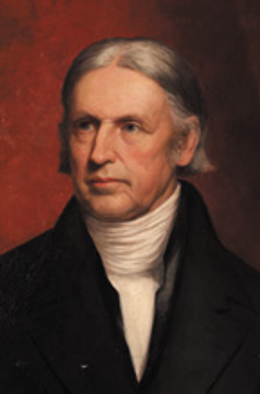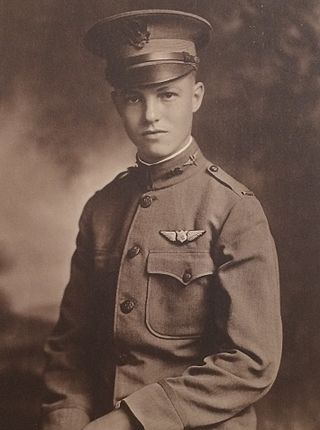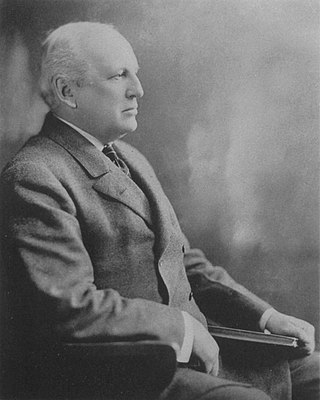Related Research Articles

Unitarian Universalism is a liberal religious movement characterized by a "free and responsible search for truth and meaning". Unitarian Universalists assert no creed, but instead are unified by their shared search for spiritual growth. Unitarian Universalists do not have an official, unified corpus of sacred texts but rather draw inspiration and guidance from the Six Sources: personal experience, prophetic utterances, world religions, Jewish and Christian teachings, humanist teachings, and spiritual teachings. Unitarian Universalist congregations include many atheists, agnostics, deists, and theists and have churches, fellowships, congregations, and societies around the world.
Unitarianism is a Nontrinitarian branch of Christianity. Unitarian Christians affirm the unitary nature of God as the singular and unique creator of the universe, believe that Jesus Christ was inspired by God in his moral teachings and that he is the savior of humankind, but he is not comparable or equal to God himself.

Religious humanism or ethical humanism is an integration of nontheistic humanist ethical philosophy with congregational rites and community activity which center on human needs, interests, and abilities. Self-described religious humanists differ from secular humanists mainly in that they regard the nontheistic humanist life stance as a non-supernatural "religion" and organising using a congregational model.

Hosea Ballou D.D. was an American Universalist clergyman and theological writer.
A Humanist Manifesto, also known as Humanist Manifesto I to distinguish it from later Humanist Manifestos in the series, was written in 1933 primarily by Raymond Bragg and published with 34 signers. Unlike the later manifestos, this first talks of a new religion and refers to humanism as "the religion of the future." Nevertheless, it is careful not to express a creed or dogma. The document outlines fifteen affirmations on cosmology, biological and cultural evolution, human nature, epistemology, ethics, religion, self-fulfillment, and the quest for freedom and social justice. This latter, stated in article fourteen, proved to be the most controversial, even among humanists, in its opposition to "acquisitive and profit-motivated society" and its demand for an egalitarian world community based on voluntary mutual cooperation. The document's release was reported by the mainstream media on May 1, simultaneous with its publication in the May/June 1933 issue of the New Humanist.
Humanism and Its Aspirations is the most recent of the Humanist Manifestos, published in 2003 by the American Humanist Association (AHA). The newest one is much shorter, listing six primary beliefs, which echo themes from its predecessors:

The Universalist Church of America (UCA) was originally a Christian Universalist religious denomination in the United States. Known from 1866 as the Universalist General Convention, the name was changed to the Universalist Church of America in 1942. In 1961, it consolidated with the American Unitarian Association to form the Unitarian Universalist Association.
William F. Schulz is a Unitarian Universalist minister who is most known for his role as the executive director of Amnesty International USA, the U.S. division of Amnesty International, from March 1994 to 2006. He is a prominent spokesperson, activist, and author focusing primarily on the issue of Human Rights and United States' Government role in promoting or disregarding them. In addition to his many public appearances, he has been affiliated with numerous non-profit organizations and universities.

The First Unitarian Church of Rochester is located at 220 Winton Road South in Rochester, New York, U.S. The congregation is one of the largest in its denomination, the Unitarian Universalist Association. The non-creedal church conducts programs in the areas of spirituality, social concerns, music, and arts. This church is one of two Unitarian Universalist congregations in Monroe County, the other being First Universalist Church of Rochester.
Raymond Bennett Bragg (1902–1979) was an American Unitarian minister who played a key role in the writing of the original Humanist Manifesto (1933) and eventually signing Humanist Manifesto II (1973). Raymond Bragg was born in Massachusetts and attended Bates College and Brown University. In 1927, he earned a B.A. in philosophy from the University of Chicago and a B.D. from Meadville Theological School and was ordained at the Unitarian Church of All Souls in Evanston, Illinois where he was pastor until 1930. From 1930–1935 he served as the Secretary of the Western Unitarian Conference. During these years he was also the editor of The New Humanist, and was one of the signers of the Humanist Manifesto, which helped give rise to a new humanist movement within Unitarianism. He served as pastor of the First Unitarian Society of Minneapolis from 1935–1947. He was the executive director of the Unitarian Service Committee from 1947–1952, and then became the pastor of All Souls Unitarian Church, Kansas City, Missouri, where he remained until his retirement in 1973. During this time, he chaired the Kansas City's Civil Liberties Union, worked on the local and state levels to improve mental health services, and was an assistant professor of philosophy at the Kansas City Art Institute. Upon his retirement, he was elected Minister Emeritus by the Kansas City congregation.

Edwin Henry Wilson was an American Unitarian leader and humanist who helped draft the Humanist Manifesto.

Albert Eustace Haydon (1880–1975) was a Canadian historian of religion and a leader of the humanist movement.
Edwin Burdette Backus (1888–1955) was an American Unitarian minister and humanist.

Charles Francis Potter was an American Unitarian minister, theologian, and author.

Samuel Atkins Eliot II was an American Unitarian minister. In 1898 the American Unitarian Association elected him secretary but in 1900 the position was redesignated as president and Eliot served in that office from inception to 1927, significantly expanding the association's activities and consolidating denominational power in its administration.
Arthur Powell Davies was the minister of All Souls Church, Unitarian in Washington, D.C. from 1944 until his death in 1957. A prolific author of theological books and sermon collections, he came to national prominence in the U.S. through his liberal activism advocating civil rights for African-Americans and women and ethical stands against post-war nuclear proliferation and the methods employed by the American government during the era of McCarthyism.
First Unitarian Church of Los Angeles is an independent congregation affiliated with the Unitarian Universalist Association of Congregations, which is considered a Protestant denomination. Since its founding in 1877 the church has been a leader in social justice activism for the Unitarian Universalist faith, and for the city of Los Angeles. Its embrace of progressive causes and sometimes radical politics have earned it a reputation as both a place of controversy and a beacon of justice. Its affiliated organization, Urban Partners Los Angeles, provides numerous programs in the neighborhood around the church.

Caroline A. Soule, was an American novelist, poet, religious writer, editor, and ordained Universalist minister, who was in 1880 the first woman to be ordained as a minister in the United Kingdom; first president and one of the founders of the Woman's Centenary Aid Association, the earliest national organization of American church women; and the first Universalist Church of America missionary when sent to Scotland in 1878.
References
- 1 2 3 4 Howe, Charles A. (November 6, 2000). "Clinton Lee Scott". Dictionary of Unitarian & Universalist Biography. Retrieved April 11, 2019.
- ↑ "Parish Parables by Clinton Lee Scott". April 11, 2019.
- ↑ "Humanist Manifesto I". American Humanist Association. Retrieved October 9, 2012.
- ↑ "Humanist Manifesto II". American Humanist Association. Archived from the original on October 20, 2012. Retrieved October 9, 2012.